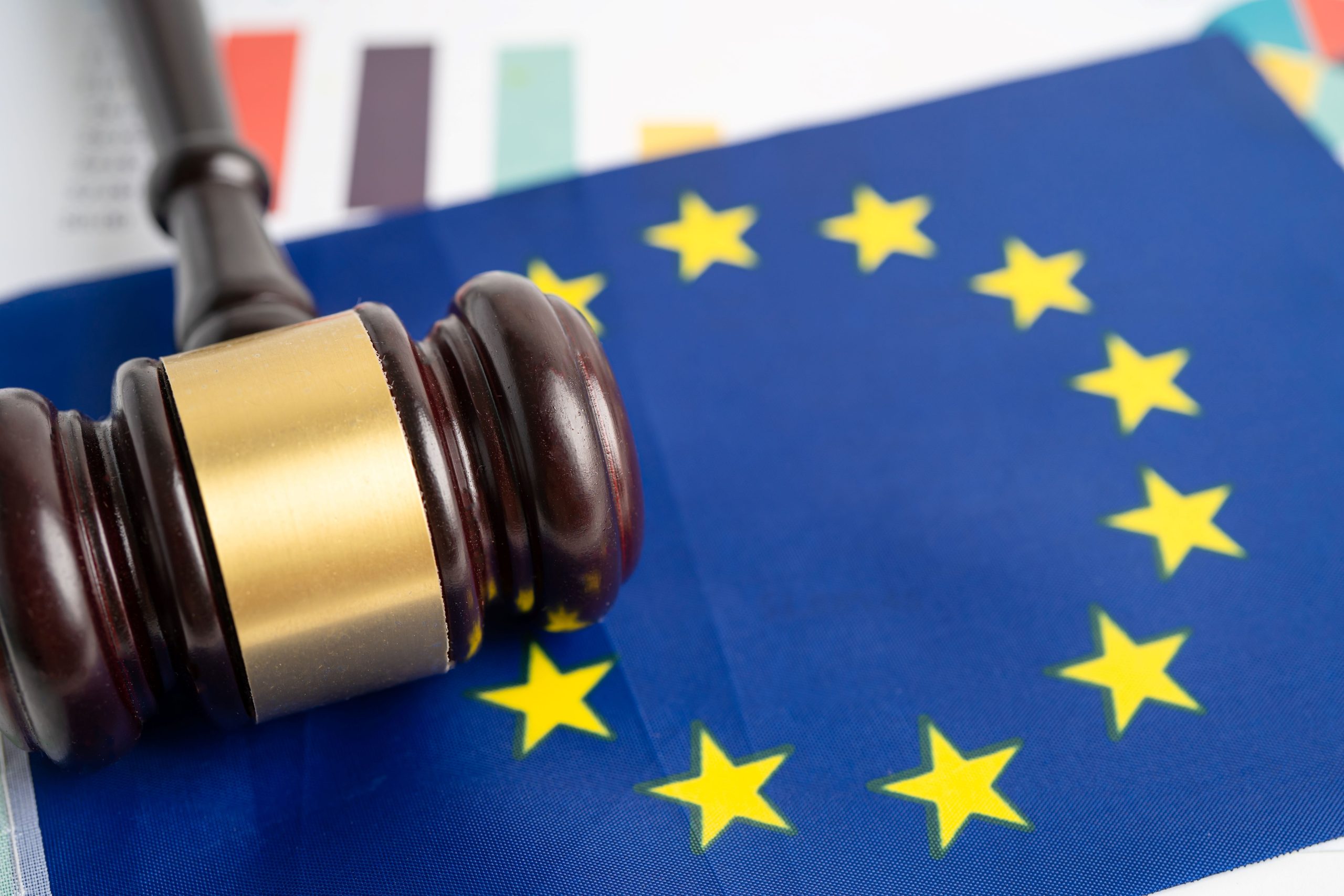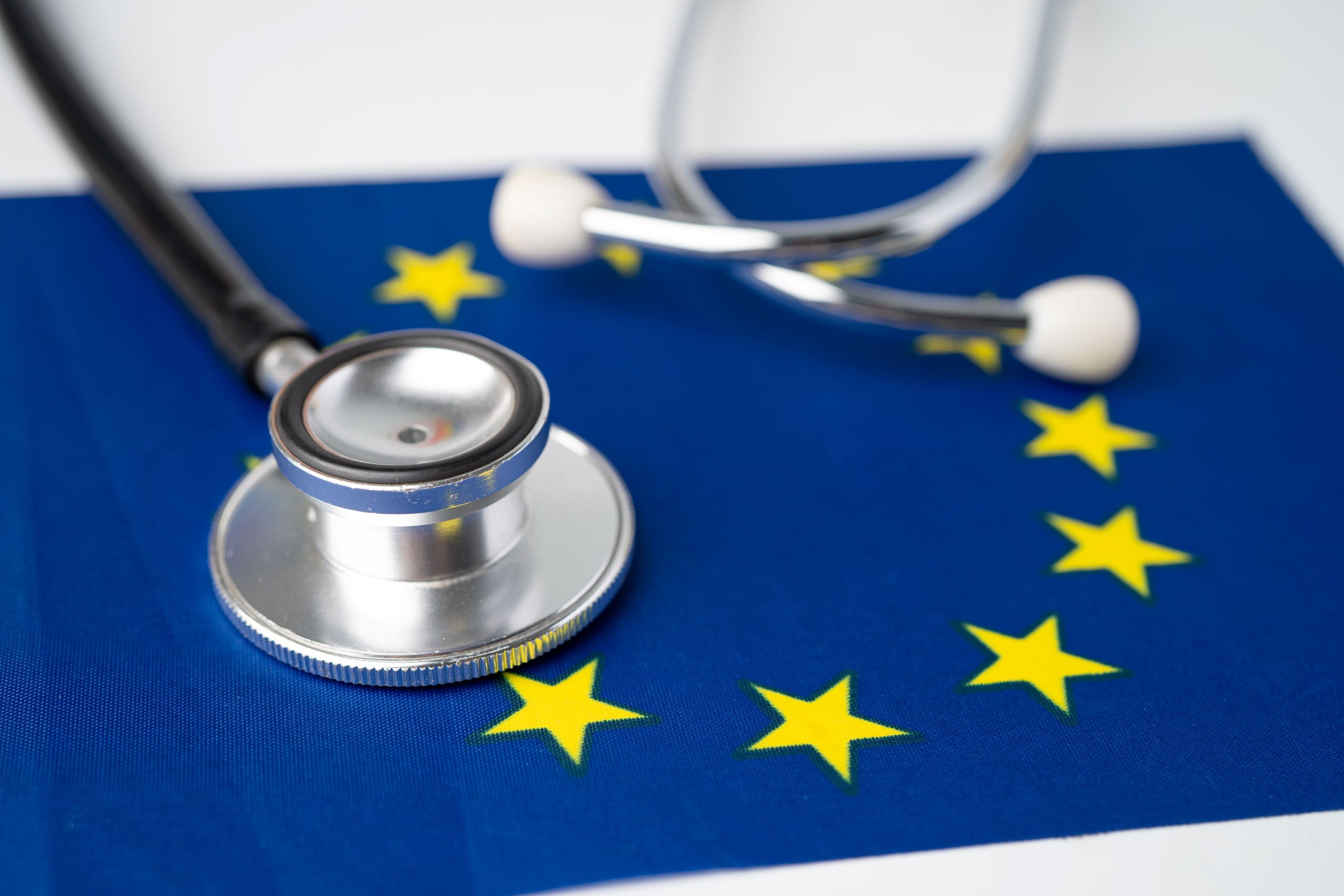Venturing into the European market presents an array of opportunities, yet it also introduces a labyrinth of regulatory complexities.
For new businesses, understanding and complying with European Union (EU) regulations is not just a legal necessity; it’s a crucial step towards ensuring sustainable growth and operational success.
The EU’s comprehensive regulatory framework covers everything from data protection and consumer rights to environmental standards, each designed to uphold the highest levels of quality, safety, and fairness.
Navigating this intricate landscape can be daunting, but with the right knowledge and preparation, it can also become a significant competitive advantage.
Understanding the European Union Regulatory Framework
The European Union (EU) regulatory framework is a complex and extensive system designed to ensure that businesses operate under uniform standards across member states. This framework is governed by key institutions such as:
- The European Commission
- The European Parliament
- The Council of the European Union.
It encompasses a wide range of directives and regulations covering areas such as competition, consumer protection, data protection (GDPR), environmental sustainability, and labor laws.
These regulations are enforced to ensure fair competition, protect consumer rights, maintain data privacy, safeguard the environment, and ensure worker rights and safety.
Understanding this framework is essential for businesses to operate legally and successfully within the EU market.
Key Regulations Affecting New Businesses in the EU

Embarking on a business venture in the European Union means navigating through a diverse regulatory landscape to ensure compliance and secure success. Key areas of regulation include:
- General Data Protection Regulation (GDPR): Governs the handling and protection of personal data.
- Employment Laws: Establish standards for fair labor practices, workplace safety, and employee rights.
- Environmental Regulations: Aim to promote sustainability, reduce emissions, and ensure responsible resource use.
- Consumer Protection Laws: Safeguard consumer rights, ensuring product safety and business transparency.
For businesses, understanding and adhering to these regulations isn’t just about legal compliance; it’s about building trust with consumers, creating a positive working environment, and contributing to sustainable development.
Sector-Specific Regulations
Navigating the European Union’s regulatory environment means understanding sector-specific requirements that impact how businesses operate. Here’s a closer look at key sectors:
- Finance: This sector faces rigorous oversight with regulations on financial reporting, anti-money laundering (AML) measures, and consumer protection to ensure transparency and integrity.
- Healthcare: Regulations here focus on patient safety, data protection, especially under GDPR, and the ethical marketing and distribution of pharmaceutical products, aiming to maintain high standards of care and confidentiality.
- Technology: Companies in this fast-evolving sector navigate data security laws, digital rights management, and specific GDPR applications, addressing the unique challenges of tech innovation and privacy.
- Manufacturing: This sector adheres to strict guidelines on product safety, environmental impact assessments, and quality control, ensuring products meet EU standards for safety and sustainability.
Understanding these nuances is crucial for compliance and success within the EU’s vibrant market landscape.
Navigational Tools and Resources

Businesses can access a wealth of resources to navigate EU regulations, including the official EU website, which provides comprehensive details on laws and guidelines. Legal advisories offer specialized insight, helping businesses align their operations with EU standards.
Consultancy services, such as those provided by the EMEA Business Integration Agency, offer tailored support, guiding companies through the complexities of compliance, and ensuring they understand and implement the necessary measures for successful operation within the EU market.
Step-by-Step Guide to Compliance
Achieving compliance with EU regulations is crucial for businesses seeking to operate successfully within the European market. This step-by-step guide aims to simplify the process, ensuring that businesses understand and effectively implement necessary compliance measures:
- Assess Applicable Regulations: Begin by identifying which EU regulations are relevant to your business operations.
- Conduct a Gap Analysis: Compare your current practices against those required by the regulations to identify areas needing improvement.
- Develop a Compliance Plan: Create a detailed plan to address the gaps, outlining actions, responsibilities, and timelines.
- Implement Necessary Changes: Update your processes, policies, and practices according to the compliance plan.
- Train Your Team: Ensure that all employees are informed about the regulations and understand their roles in compliance.
- Monitor Compliance and Update Practices: Regularly review your compliance status and adapt to any changes in EU regulations.
- Consult Experts When Needed: Don’t hesitate to seek advice from legal experts or compliance consultants for complex issues.
Navigating EU regulations can be challenging, but with a structured approach, businesses can ensure compliance, minimize risks, and capitalize on the opportunities within the European market. Regular updates and expert advice are key to maintaining compliance in the ever-evolving regulatory landscape.
Common Challenges and Solutions

Navigating EU regulations presents common hurdles for businesses, each with practical solutions to ensure compliance:
- Complexity of Regulations: The sheer volume and complexity can overwhelm. Solution: Regular training and workshops on EU regulatory changes help keep staff informed.
- Variations Across Member States: Regulations may vary slightly between countries. Solution: Employ local legal experts in each country of operation to navigate specific requirements.
- Keeping Up with Changes: EU regulations can evolve rapidly. Solution: Subscribe to regulatory updates from reputable sources and use compliance management software.
- Data Protection Compliance (GDPR): Ensuring data handling meets GDPR standards is challenging. Solution: Implement robust data protection policies and regular audits.
- Environmental and Safety Standards: Meeting high EU standards for product safety and environmental impact can be demanding. Solution: Invest in sustainable practices and continuous product testing.
Overcoming these challenges requires a proactive approach, leveraging expert advice, and adopting technology solutions to streamline compliance processes.
Key Takeaways
Compliance with EU regulations is essential for businesses aiming to operate and succeed in the European market. It ensures legal operation, enhances credibility and contributes to a level playing field.
For new businesses, proactively engaging with these requirements is not just about avoiding legal pitfalls but also about seizing the opportunity to build a strong, sustainable business foundation.
Leveraging expert consultancy services can greatly facilitate this process, guiding businesses through the complexities of compliance and helping them focus on growth and innovation.





